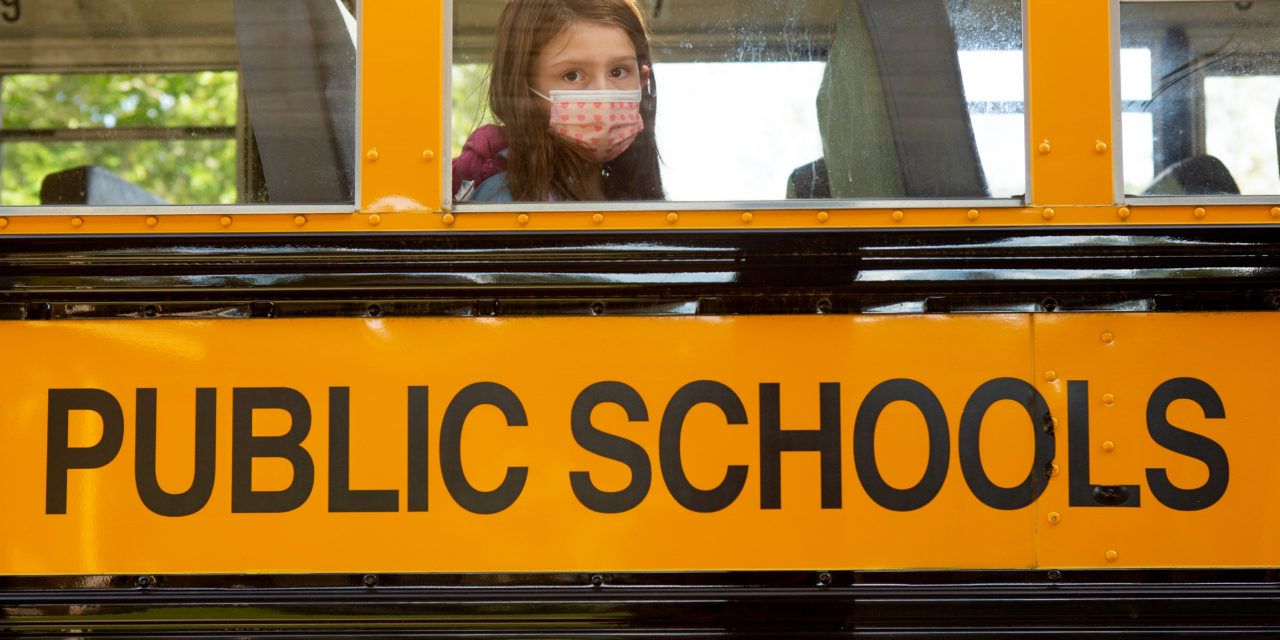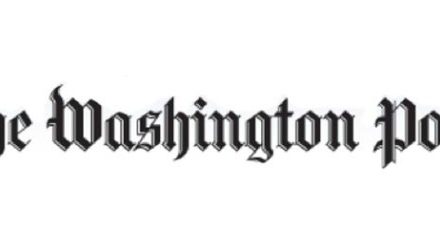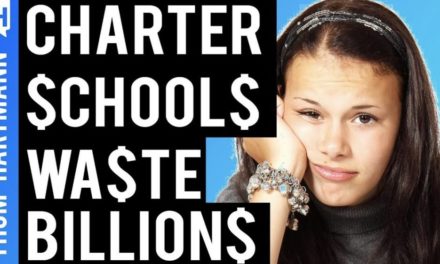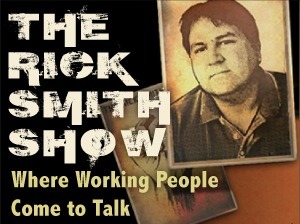When violent insurrectionists stormed the U.S. Capitol on January 6 to attempt to overturn the result of the 2020 presidential election, some of the rioters were members of the Proud Boys, a far-right group prone to street brawling and pro-Western, anti-Muslim, and misogynistic rhetoric.
The insurrectionists were thwarted, but now extremist groups—including the Proud Boys—are aiming their threats and violence at a new target: public schools.
In Orange County, North Carolina, the Proud Boys and other white nationalist groups have begun showing up at high school football games and school board meetings, “protesting the district’s COVID-19 and LGBTQ+ policies.” Their intimidating language, apparel, and physical gestures prompted officials to hire extra security and pass a resolution opposing “incidents of hostile and racist behavior,” according to a report in the News and Observer.
The resolution charged that the rightwing agitators had “shouted racist and homophobic slurs at students” and included “emails from teachers and students who describe how unsafe they feel being around the Proud Boys.”
A local radio station quoted Orange County board chairwoman Hillary MacKenzie describing a recent meeting of the board where “there were two men in Proud Boys shirts and hats . . . one wore a stocking over his face . . . the other one told our board during public comment that someone should tie rocks around our necks, and we should throw ourselves in a river.”
Similar occurrences from around the country seem to indicate that the Proud Boys’ targeting of public schools is a coordinated, nationwide effort, suggesting a direct line from the group’s involvement in the January 6 insurrection to its current participation in the wave of protests at public schools and school board meetings.
In August, The Daily Beast reported that the Proud Boys are “teaming up with anti-maskers” to disrupt school board meetings and stage boisterous school protests. The article points to examples in New Hampshire and Palm Beach and Dade counties in Florida.
An op-ed in Insider cites examples of the Proud Boys showing up at local school board meetings and anti-mask protests at schools in Washington state and in Kansas, where one of the group’s members ran unsuccessfully for school board and openly admitted to “storming the Capitol.”
Other reported incidents include a Florida man who bragged about participating in the Capitol riot as he was protesting school mask mandates by “threatening several citizens” and “making anti-Semitic, and homophobic comments,” according to a news account.
“Local news reports by the score,” writes Margaret Talbot for The New Yorker, show “protesters fairly vibrating with January 6 energy as they disrupt school-board meetings, raging against mask mandates and other COVID precautions, or that favorite spectral horror, critical race theory.”
In response to the wave of disrupted school board meetings, and the threats and violence being aimed at educators and school officials, the National School Boards Association (NSBA)—a group representing local school boards—sent a September 29 letter to President Joe Biden. It asks that the federal government look into whether the incidents violate federal statutes on domestic terrorism and hate crimes.
“America’s public schools and its education leaders are under an immediate threat,” the letter states. It asks for “immediate assistance” due to “attacks against school board members and educators for approving policies for masks to protect the health and safety of students and school employees.”
Less than a week after NSBA sent its letter, the U.S. Department of Justice announced that Attorney General Merrick Garland had directed the FBI and the U.S. Attorneys’ Offices to meet with local law enforcement agencies to discuss how to address “harassment, intimidation, and threats of violence against school board members, teachers, and workers in our nation’s public schools.”
Garland’s memo also stated that the Justice Department “will launch a series of additional efforts in the coming days designed to address the rise in criminal conduct directed toward school personnel.”
Conservative backlash to these announcements from the Biden Administration was immediate.
Representative Madison Cawthorn, Republican of North Carolina, calls those who’ve been charged and arrested for participating in the January 6 insurrection “political prisoners.” He took to Twitter to declare, “Parents who protest CRT and COVID restrictions in school board meetings are NOT domestic terrorists, they’re patriots.”
In a Senate Judiciary Committee hearing, Senator Josh Hawley, Republican of Missouri, who egged on the January 6 insurrectionists, said to Deputy Attorney General Lisa Monaco, “If this isn’t a deliberate attempt to chill parents from showing up at school board meetings, for their elected school boards, I don’t know what is.”
Hawley declared that having the FBI investigate any “intimidation” and “harassment” targeting school boards was an attempt to “intimidate” and “silence” parents and “interfere with their rights as parents . . . and voters.”
A letter from Republican U.S. Senators—all of whom also voted to block a plan to investigate the January 6 Capitol insurrection—declared, “Not wearing a mask in a public place may or may not be a violation of a local law, but at most it is a petty offense wholly unworthy of the federal government’s attention.”
“Parents who are angry at school board members, and even verbally attack them on a personal level,” according to the Republican Senators, “are not necessarily making true threats.”
These claims, of course, are rife with the same sort of conspiratorial thinking and misguided patriotism that energized the January 6 riots. As a Washington Post fact-checker put it, “These Republicans are turning a one-page memo on public safety into a dystopian plot in which Big Brother erases well-meaning parents for thinking freely.”
Conservative politicians and commentators characterize the people disrupting school board meetings and shouting at public education and health officials as uniformly “parents.”
But are they?
According to an NBC News analysis, there are “at least 165 local and national groups” connected to protests and incidents of threats and violence directed at public schools. And many of these groups have connections to prominent national rightwing advocacy organizations and think tanks, including the American Legislative Exchange Council, the Manhattan Institute, the Heritage Foundation, the Cato Institute, and FreedomWorks.
Certainly, some parents are frustrated with mask mandates and concerns about school curricula, but “their anger is also being fueled by organized activists whose influence is ordinarily veiled,” The Washington Post notes.
The NSBA’s list of examples of threats and intimidation aimed at school boards is far from definitive.
For instance, there were three incidents—each of which went overlooked by the NSBA—where school officials unequivocally faced legitimate threats of violence. In Florida, physical fights broke out after the board passed a mask mandate. In Arizona, three men brandishing zip ties confronted a principal after she ruled a student had to be quarantined. In Pennsylvania, a politician threatened to show up at a school board meeting “with 20 strong men” and order board members to “leave or they can be removed.”
Still, the GOP messaging machine seems intent on reframing efforts to defend democratically elected public school boards as attacks on the democratic rights of parents.
In an op-ed in Education Week, American Enterprise Institute scholar Frederick Hess states, “Most of what the NSBA alluded to [in its letter to Biden] as ‘domestic terrorism and hate crimes’ is actually democracy in action.”
As proof that NSBA’s examples of “acts of malice, violence, and threats” are overblown, Hess points to an analysis in National Review, a reliably conservative media site, that reports, “The vast majority of incidents referenced by the NSBA don’t qualify as threats of physical violence.”
The article’s author, Caroline Downey, claims only eight of the examples NSBA cited in its letter constitute “legitimate threats,” and the rest (sixteen, according to her tally) are merely examples of “angry parents” who have “shouted over school-board members or exceeded their allotted speaking time during the meeting’s public-comment period.”
Hess also attempts to “both sides” the issue by postulating that should a Republican presidential administration ever deem protests against police violence subject to investigation under the PATRIOT Act, Democrats would surely object.
But it seems like a big stretch to compare mask-wearing, weaponless Black Lives Matter protestors confronting police officers, festooned with weaponry and riot gear, to enraged mobs, that have at times included individuals carrying weapons, who are intimidating unarmed and often minimally protected school board members.
Also, Downey downplaying the incidents cited by NSBA as mostly “tense verbal exchanges” seems either questionable or intentionally misleading.
A careful reading of the examples cited by NSBA finds that many of them involve crowds of unmasked protestors violating clearly stated demands, for safety and health reasons, to wear masks and limit crowding into indoor school board meetings that, at times, included unruly crowds “pushing past” and being “abusive” of school district staff.
By dismissing those incidents as “verbal exchanges” in her assessment, is Downey concluding that weaponizing a deadly virus during a pandemic is not a form of “physical violence?”
The easiest conclusion to draw from conservatives’ framing of assaults on public education as attempts to stifle parent’s voices is that they are laying down a rhetorical strategy for the 2022 and 2024 elections.
But the longer view would be that when rioters stormed the Capitol, their objective wasn’t just to overthrow a legitimate election—it was to overthrow the very idea of democracy and install minoritarian rule.
Seen in that light, extremists who are storming public school boards aren’t just intent on overthrowing specific policies. Their goal is to undermine an institution that is fundamental to our democracy: public schools.
(Originally published at The Progressive.)
(Photo by Allison Shelley/The Verbatim Agency for EDUimages, CC BY-NC 4.0.)






Recent Comments